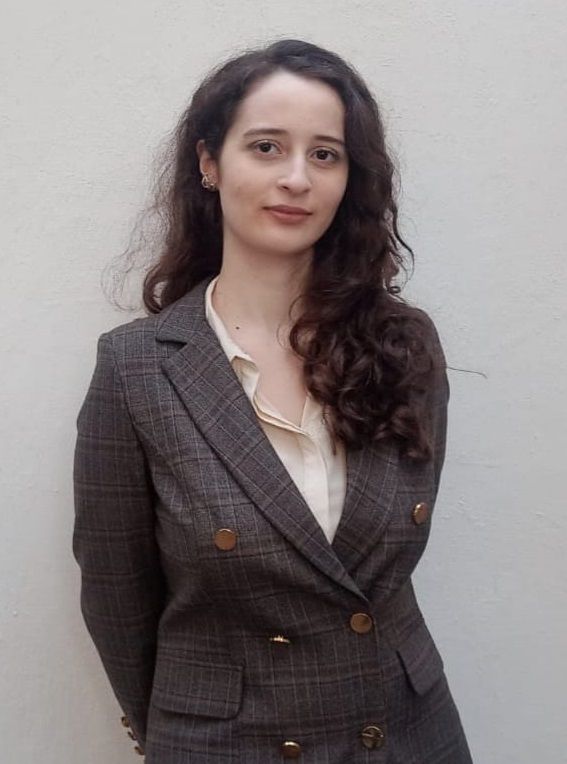France facing big question: Where is Macron’s second term heading?

Following a terrible fire in 2019, President Emmanuel Macron pledged on Sunday that 2024 will be a year of hope and pride for France, highlighted by the 2024 Olympic Summer Games in Paris and the reopening of the Notre Dame Cathedral.
"Only once in a century does one host the Olympic and Paralympic Games, only once in a millennium does one rebuild a cathedral," Macron stated. "2024: a year of resolve, decisions, healing, and pride. Indeed, a hopeful year."
This seems like a doable resolution for the New Year, but let's review what the French people need to overcome to move on, be resilient, and take pleasure in their experiences.
Macron was speaking at the conclusion of a turbulent year that saw his government appeal a very unpopular pension reform and deal with summer rioting following the young man's death at the hands of the police. Recently, the administration divided its own ranks when it approved a controversial immigration bill with support from the far right.
Rewind to March, when Macron's administration approved pension reform. With his campaign to raise the retirement age from 62 to 64, Macron wanted to solidify his reputation as the president who modernised France's economy for the twenty-first century. Rather, he encounters opposition to his leadership in both parliament and large cities.
His blatant attempt to push through a pension reform plan without a vote has enraged the opposition and may make it more difficult for his administration to enact laws over the final four years of his term.
Following Macron's last-minute decision to use the government's constitutional authority to enact the measure without a National Assembly vote, the largest protest of the decade was held against this strategy.
Later that summer, in the capital, there was uproar when Nahel, who was of Moroccan and Algerian descent, was killed during a traffic stop in France. That year, 13 people had died in France, the majority of them being black or Arab. The fury expanded throughout French cities and even into neighbouring nations like Belgium and Switzerland in the days that followed.
Macron called the deadly shooting "inexplicable" and "unforgivable," criticising the police in a rare move. Meanwhile, the UN human rights office urged France to "seriously address the deep issues of racism and discrimination in law enforcement." But in the midst of two nights of riots, the initial outrage quickly gave way to extreme law-and-order rhetoric. Analysts warned that the true lessons of Nahel's assassination, like previous tragedies in the past, would not be learned as police unions publicly spoke of fighting against "vermin" and "savage hordes."
Meanwhile, the president is having a tough time heading into the New Year as France's manufacturing sector is in a "downward spiral." This assessment comes in light of recent data showing that the industry continues to shrink. The French manufacturing purchasing managers' index (PMI) fell to 42.1 at the end of the year. A reading below 50 indicates activity is contracting and is the lowest reading since May 2020. The sector's prospects don't appear to be improving anytime soon, with economists predicting the situation will remain unchanged in the coming months.
Just in the same month as the speech urging the people's recovery was about to conclude, the French government dealt a severe blow by passing legislation that tightened France's immigration laws. President Emmanuel Macron's centrist Renaissance party supported the altered law. The new law delays immigrants' access to social benefits and makes it harder for them to bring family members to France.
It also outlaws holding children in correctional facilities. Regarding eligibility for benefits, a contentious clause separates citizens from immigrants—even those who are legally residing in the nation. This unexpected action was branded a "kiss of death" for Macron's party by the French media.
It is still unclear if the kiss of death will be able to wake the president up to hold on to his promises of restructuring France by taking into account the thoughts, desires, and roles of its citizens. However, Macron's New Year's pledge still remains outstanding, given that 2023 was an exceptionally turbulent year for social upheaval, even by French norms, with the largest protest movement this century and the worst riots in nearly two decades. From beginning to end, the minority government of President Emmanuel Macron found it difficult to enact laws in a polarised and divisive parliament, frequently choosing to forego them entirely.
It is evident that Macron's approach to the ruling nation is the only important area that needs reforming right now.
French political scientist Bruno Cautres added: "2023 did not provide clear and intelligible answers to the main question: where is Emmanuel Macron’s second term heading? There is no direction. We still do not know what his priorities and goals are."
As political scientists mentioned, because of this unstable approach, the same individuals Emmanuel Macron's reforms were meant to placate have already abandoned him, and if this trend continues, France and Macron will face even greater difficulties. Political data shows that by December 15, 68% of French citizens disapproved of Macron's leadership and his alleged reform agenda.
---
Follow us on Twitter @AzerNewsAz
Here we are to serve you with news right now. It does not cost much, but worth your attention.
Choose to support open, independent, quality journalism and subscribe on a monthly basis.
By subscribing to our online newspaper, you can have full digital access to all news, analysis, and much more.
You can also follow AzerNEWS on Twitter @AzerNewsAz or Facebook @AzerNewsNewspaper
Thank you!

